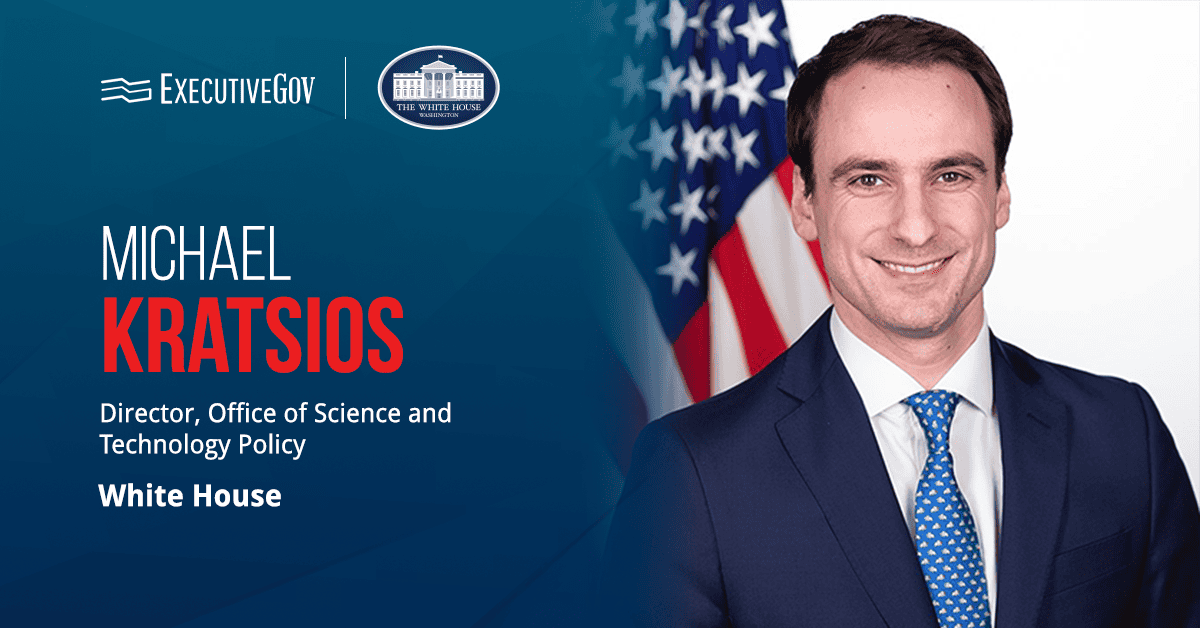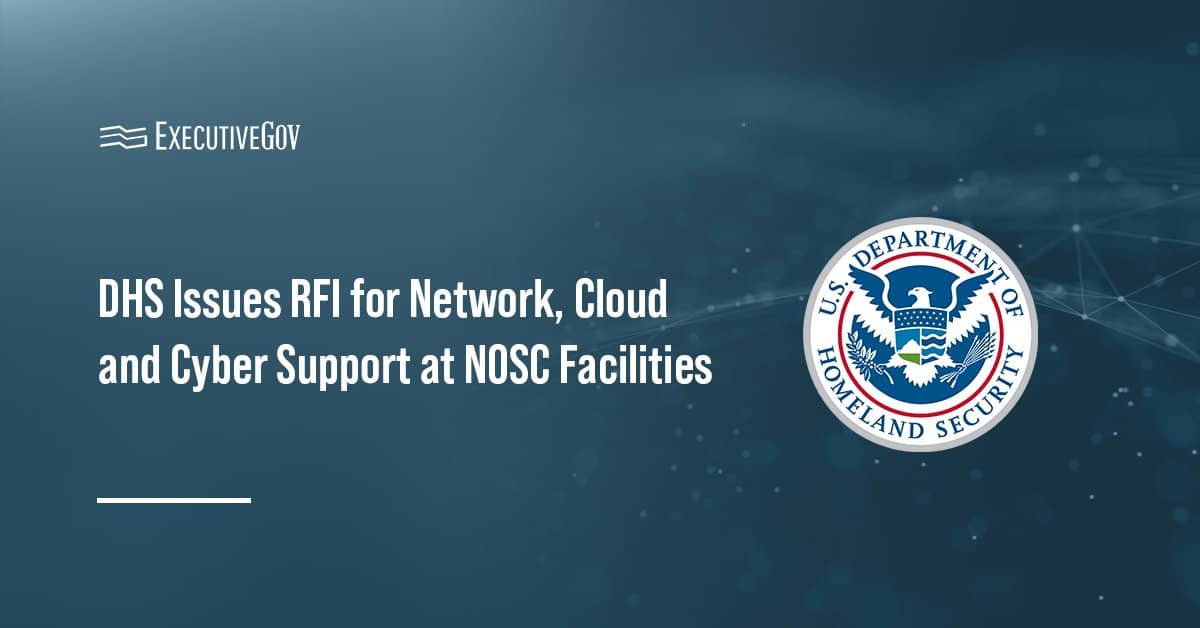The General Services Administration (GSA) wants to identify market sources of endpoint detection and response (EDR) technologies, which the Cybersecurity and Infrastructure Security Agency (CISA) may use to support President Biden’s executive order on cybersecurity.
CISA will work to expand insight into the Continuous Diagnostic and Mitigation (CDM) program and help the Office of Management and Budget (OMB) sustain EDR efforts across the federal government, GSA said Thursday in a SAM.gov notice.
The security agency will take part in efforts to early detect cybersecurity issues on federal networks and augment response capabilities.
OMB and CISA will also jointly design and implement EDR tools with funds from the American Rescue Plan Act, which granted $650 million to the security agency. Interested parties may send responses through Nov. 8th.





